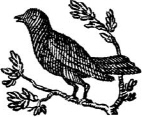Weird But True (9 page)

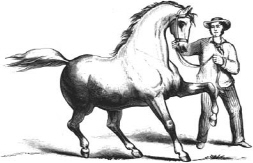
D
iseases that can be communicated from animals to humans are called zoonotic diseases. The most common of these is probably rabies, but there are others. People who work with horses may contract intestinal ailments, such as salmonellosis, and skin conditions, like ringworm and rain rot.
A
mosquito's “nose” is located on its antennae, which are covered with what biologists call odorant receptors. The specialized receptors that are sensitive to human sweat are the ones that prompt a mosquito to bite. They're found only on female mosquitoes.
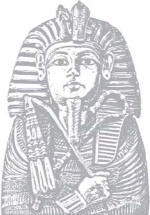
I
t seems likely that King Tut died from malaria, a disease transmitted through the bite of a mosquito.
F
emale
Anopheles
mosquitoes, the ones that transmit malaria, are responsible for about one million human deaths each year.
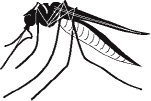
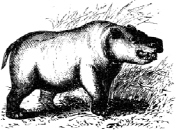
H
ippopotamuses are considered among the most lethal mammals on earth. They're very strong and aggressive, and they don't fear humans. Since they typically weigh between three and five tons, there's not much reason for them to be afraid.
W
hen hippos perspire, their sweat is red, which led to the belief that hippos sweat blood. Gross! And not true.
Hippo sweat contains red and orange pigments, which make it look like blood, but these coloring agents act as a sunscreen to keep the hippo's virtually hairless skin from burning in the strong African sun. In addition, the red pigment seems to act as an antibiotic that helps wounds heal, which is quite handy since hippos tend to fight amongst themselves frequently and most wild hippos carry lots of battle scars.
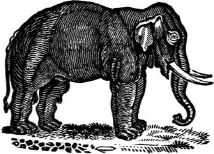
P
igs, warthogs, elephants, and rhinoceroses can become sunburned. They roll in mud or sprinkle themselves with dust to protect their skin from the sun's UV rays.
H
ippopotamuses are depicted on the fifty-franc banknote from the African nation of Burundi and the two-emalangeni banknote from Swaziland.
* * *
Banknotes from Mozambique, Nepal, South Africa, and Tanzania all feature pictures of rhinoceroses.
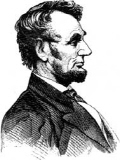
T
he U.S. five-dollar bill has the shortest lifespan in circulation of any U.S. paper currency: about sixteen months. Ten-dollar bills stay in circulation for about eighteen months, and one-dollar bills for twenty-one months.

I
n 2009 the U.S. Mint produced 3.548 billion circulating coins; 2.354 billion of those were pennies.
* * *
Pennies contain more zinc than copper. Nickels contain more copper than nickel.
T
he general manager of the mint in Chile was fired in February 2010 when it was discovered that thousands of fifty-peso coins had been issued with the name of the country spelled incorrectly: C-H-I-I-E instead of C-H-I-L-E.
Interestingly, the coins had been put into circulation in 2008; it took two years for the error to be reported.
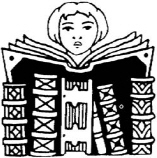
T
he tiny principality of Andorra, located in the Pyrenees Mountains between France and Spain, has a literacy rate of 100 percent according to the
CIA World Factbook
. The entire country encompasses a little more than 180 square miles. Fewer than eighty-five thousand people live there.
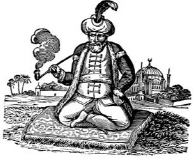
T
he most popular reality-television show in the Arab world is
Million's
Poet
, a competition in which participants read their own poems in front of three judges, a live studio audience, and tens of millions of television viewers who watch the contestâbroadcast live from Abu Dhabiâand vote for their favorite poets online and by text message. The winner receives a cash prize of 5 million dirhams, about $1.4 million.
T
he longest poem in the world is still being written, and it's growing by about four thousand verses a day.
A computer program created by Romanian web developer Andrei Gheorghe takes random tweets from the Twitter social networking service and pairs them into rhyming couplets that are then added to the collective work he calls “The Longest Poem in the World.”
